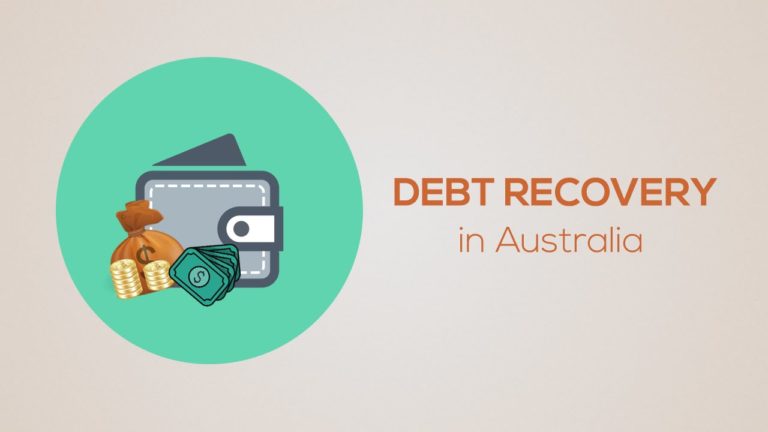When a company fails to pay for a service you have rendered or a product you supplied to them on time, this leads to an unpaid debt on your behalf.
This article is for you if someone owes you money and you want to know how to get that money back from the person who owes it to you. To ensure you know what to anticipate at every turn of the debt collection process in Australia, we have put together this comprehensive guide.
About Debt Recovery
When a debtor has not paid what they owe, the creditor may attempt to reclaim the money by getting in touch with them by various means (such as letters, emails, phone calls, and even in-person meetings). After an agreed-upon grace period has passed with no payment, you might take legal action to collect the debt. The following are the goals and purposes of Debt Recovery Australia:
- The ultimate goal of debt collection is to get payment from the debtor, which may be accomplished in various ways.
- Debtors should repay valid debts, and creditors may take whatever action is required by law.
- If you have a debt proving difficult to collect, you may want to hire a debt collection service to help you out.
About Debt Collector
To collect on a debt, you may use the services of a debt collector. It is possible if you want to hire a debt collector to assist with collecting all or some of your company’s outstanding obligations.
- The primary focus of a debt collector’s work is the implementation of strategies to recoup the debt.
- If a debt is unpaid for an extended time, a debt collector may get in touch with the debtor and even take legal action.
Steps for Process of Debt Collection
Once a debt has grown to the point that debt collection action is necessary, various measures are taken to begin the recovery process. You may do this independently, or you can hire a debt collecting expert.
- When an invoice goes unpaid, the first thing to do is to get in touch with the debtor and provide them a gentle reminder, along with instructions on how to pay the bill. You may do it as soon as the agreed-upon payment deadline has passed.
- It is acceptable to follow up with the debtor to remind them of payment if the payment is still overdue or if no contact has been made. When the invoice is overdue by 30 days, this is often done.
- After exhausting all other avenues for recovery, you may issue the final demand for payment.
- The earlier you get legal guidance, the better. In this manner, you may be proactive in pursuing your debtor and be prepared to take legal action.
Stop Bad Debts from Happening
No matter how careful you are, bad debts may still occur; nonetheless, there are important measures you can take to safeguard your interests before entering into a contract with a client.
- Before deciding to provide credit, it’s smart to research a company’s history.
- Limit the time between a customer’s purchase and your request for payment
- Spell out the many ways you may make a payment and the repercussions of failing to do so
- Maintain consistent communication with your clientele and work to deepen your connection with them
- Discounts of up to 10 percent for prompt payment have been used successfully to encourage customers to pay their bills on time
- Hold off on sending orders until you’ve received confirmation that funds from a direct deposit payment have cleared
Conclusion
If you need help in debt recovery in Australia, it’s best to consult with experts. If you’re looking for a cost-effective way to collect past due payments, you’ve come to the right place; this article discusses extensive expertise in dealing with debts of all sizes. Acquiring information to aid in your pursuit of satisfaction is an important factor.
References: https://www.aandilawyers.com.au/information-centre/what-is-the-debt-recovery-process-in-australia
